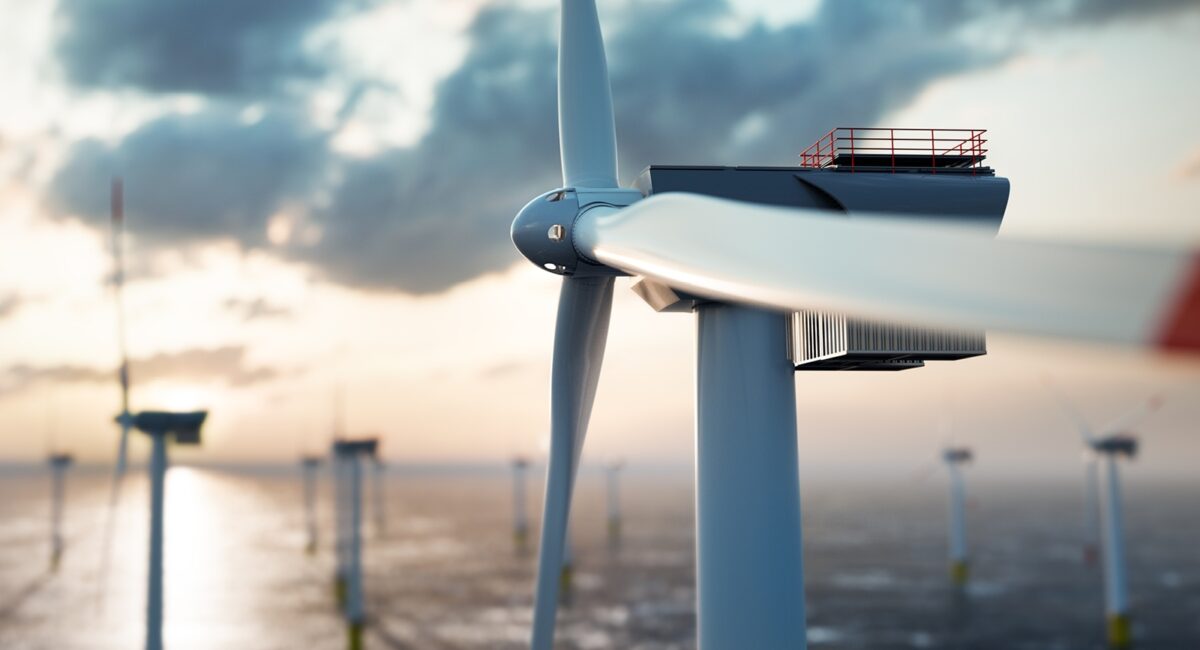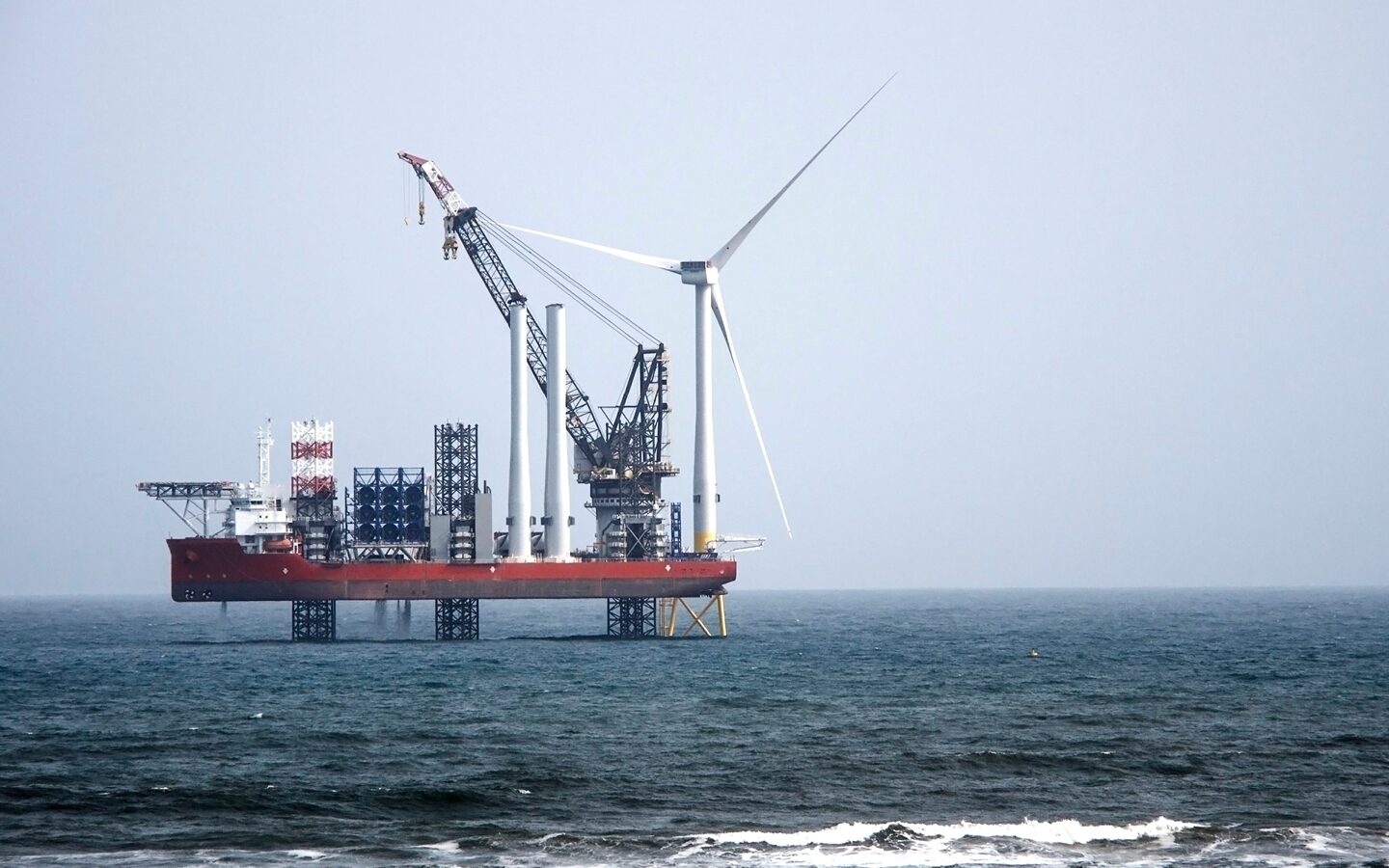

The offshore wind sector in the UK is set to increase exponentially over the next decade. Indeed, the UK has an ambition to deliver up to 50 GW of offshore wind, including up to 5 GW of floating offshore wind, by 2030. The UK has already delivered over 10GWs of offshore wind projects and has over 50GW of projects under development.
This appetite for future project development has resulted in the UK being at the forefront of research and innovation into offshore wind whether it is fixed or floating wind, and R&D into the infrastructure required for the projects to operate optimally. With the right strategic investment, the UK has the opportunity to also be a manufacturing base for the sector, which has the potential to firstly increase its market share of the valuable domestic supply chain, but also create export potential and significantly increase UK employment opportunities in the sector.
In addition to this, for the UK to increase its competitive advantage, we need to train a workforce that has the skills needed to compliment an increase in project volume and the manufacturing base needed to competitively deliver these projects.

Research undertaken at the University of Edinburgh by Andrew Aveyard has indicated that the sector is going to need 1,500 electrical and mechanical engineers just in Scotland, by the end of this decade, across a range of seniorities, if the sector is to reach the current UK Government targets
Andrew said:
Keeping the UK at the forefront of this sector is partly why we have developed IDCORE (Centre for Doctoral Training in Offshore Renewable Energy) to support this innovative industry and to nurture the next generation of industry leaders”.
In order to provide the future UK workforce the sector requires in a short space of time, and in addition to existing IDCORE and Masters courses, the University is looking to develop executive education courses to help provide accelerated pathways for people with transferable skills to enter the sector.
Professor Henry Jeffrey, specialist in ocean energy roadmaps and strategies who leads the Policy and Innovation Group in the University of Edinburgh’s Institute for Energy Systems said:
My experience over the last twenty five years working in marine renewable energy, both in academia and industry, has shown the need for strategically targeted investment in human resources will be crucial to the future success of the UK’s offshore renewables sector. This investment must also be developed in line with fulfilling the UK Government’s Just Transition principles where we green the economy in a way that is as fair and inclusive as possible to everyone concerned.”
Related links